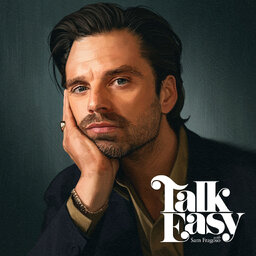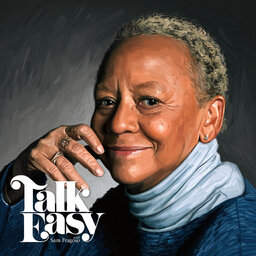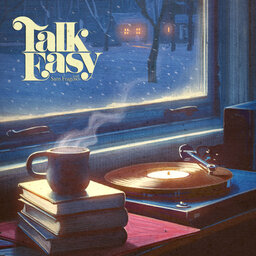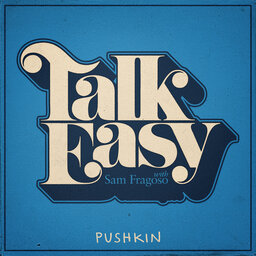Writer Sandra Cisneros Finds the Poetry of the World
Writer Sandra Cisneros has been making sense of the world on the page since 1984’s The House on Mango Street. In honor of Hispanic Heritage Month, we wanted to replay our 2022 conversation with the beloved poet.
We discuss her first poetry collection in 28 years, Woman Without Shame (4:40), why she chooses to write ‘dangerous’ pieces (6:18), and the significance of her poem, “My Mother and Sex” (8:38). Then, we walk through Sandra’s coming of age between Mexico and Chicago (15:16), the sixth-grade teacher that guided her entry into art (19:39), her epiphanies on class in graduate school (23:49), the “Pilsen Barrio” that shaped her seminal novel, The House on Mango Street (29:05), and how Studs Terkel informed her lifelong approach to story (30:17).
On the back-half, we discuss the loves and losses that inspired Sandra’s early sensual poems (36:36), how she documented her power through “Neither Señorita nor Señora” (40:04), a painful period captured in “Year of my Death” (50:30), the day her mother visited her writer’s office in San Antonio (57:56), and why she still has more to say (and write) at age 67 (59:59).
In 1 playlist(s)
Talk Easy with Sam Fragoso
Talk Easy with Sam Fragoso is a weekly series of intimate conversations with artists, activists, and…Social links
Follow podcast
Recent clips

The Year of Actor Sebastian Stan (‘The Apprentice’)
1:16:35

Remembering Poet Nikki Giovanni
44:21

Talk Easy in 2024: A Mixtape
58:40
 Talk Easy with Sam Fragoso
Talk Easy with Sam Fragoso